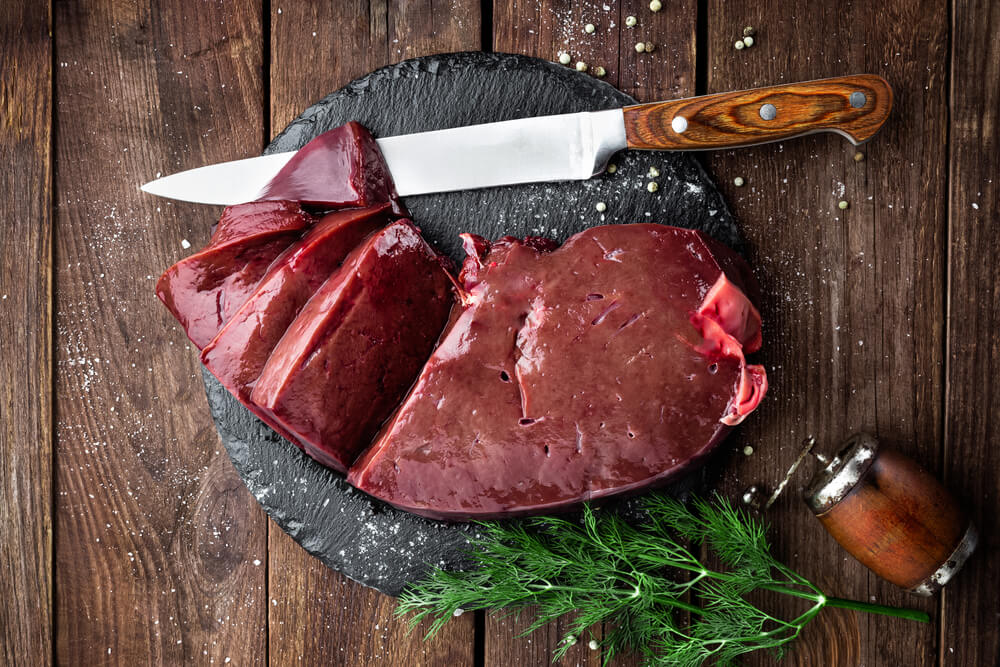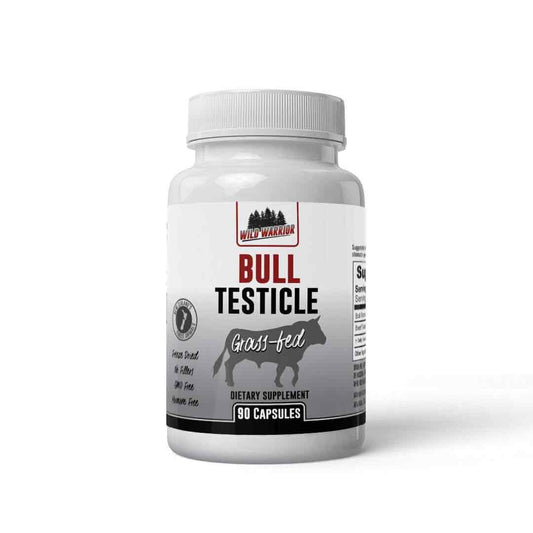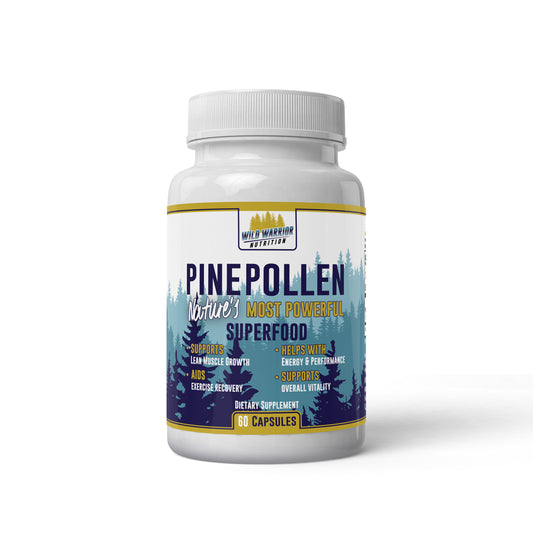The food industrial complex is complicated and filled with countless vitamins and minerals that our bodies need to function optimally. Among these are Folate and Vitamin B12. Two cheap lab-created variations of these, folic acid and cyanocobalamin are two commonly used in supplements and fortified foods.
While Vitamin B12 and Folate are essential for various bodily functions, recent research suggests caution when consuming them in their cheaper supplemental forms. Let's delve deeper into why you might want to consider removing folic acid and cyanocobalamin from your diet.
The Concerns with Folic Acid and Cyanocobalamin
Folic Acid vs Folate: While folate is crucial for DNA synthesis and cell division, there are concerns about the consumption of folic acid (the synthetic lab created form), especially in supplements1. Folate is an essential nutrient for humans, especially pregnant women, but what many don't know is that folic acid may not convert well in some people, leading to potential concerns.
Folic Acid is not methylated (converted) efficiently by a large population of people into methyl-folate, thus leaving your body with a nutrient it can't use. More research is needed, but many believe Folic Acid to contributes to a bunch of cognitive and behavioral problems, especially in kids.
When supplementing or trying to get more folate into your diet, it is important to look for supplements containing methyl-folate and not the lab created folic acid version.
Cyanocobalamin (Vitamin B12): Cyanocobalamin, a common form of Vitamin B12 used in supplements and fortification, derives its name from the molecule's structure, which includes a cyanide (CN) group. While cyanide is known to be a toxic substance, the quantity present in cyanocobalamin is not harmful to humans. Though no one really knows what taking this cheap form can do to your health long term.
Our bodies can easily convert cyanocobalamin into two active forms of vitamin B12: methylcobalamin and adenosylcobalamin, but this process may not be efficient and does leave some cyanide molecules behind.
Though some people may not have any difficulty converting cyanocobalamin, others may struggle to due to genetic factors or age, which is why some health practitioners recommend using only the active forms when supplementing with B12. This ensures you are getting maximum absorption, as well as peace of mind you aren't supplementing with a toxin.
Foods Fortified with Folic Acid
While it's important to be cautious when consuming folic acid supplements, it's also worth noting that many foods are fortified with this nutrient. Here's a list:
- Bread and cereals
- Pasta
- Rice
- Flour
- Cornmeal
- Breakfast cereals
- Enriched breads
If you are sensitive to folic acid, or have the MTHFR gene mutation, then removing these foods may be something you want to do. Discuss with your doctor first and have relevant blood work performed to understand your personal needs.
In conclusion, while folic acid and cyanocobalamin are essential nutrients, it's important to approach their supplementation and consumption through fortified foods with caution.
Always consult a healthcare professional before starting any new supplementation regimen, and strive to get these nutrients from a balanced diet whenever possible. Beef Liver being the best source for bioavailable B-Vitamins (hence why we used it in the featured image).





